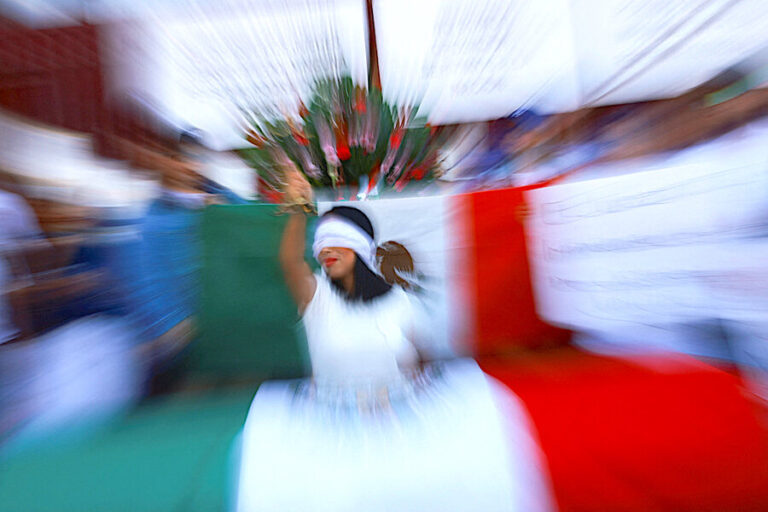Dictators need friends, and Venezuela’s dictator is finding it hard to find friends.
Last week, the country’s Supreme Court confirmed that President Nicolas Maduro, who the UN says has “undue influence” over the court, was elected for a third term in the July 28 election. The reaction was swift.
Ten Latin American countries and the United States jointly rejected the verdict. Maduro’s most sympathetic neighbors, Brazil and Colombia, had already expressed “serious doubts” about the official outcome of the verdict. Only fellow authoritarian nations, Nicaragua, Cuba and Bolivia, back the president.
Maduro’s growing isolation in the region fits a trend: Voters across Latin America have relentlessly called for honest governance and have ousted incumbents in election after election. Their frustration with corruption and impunity may be driving the return of an independent judiciary.
In recent years, “authoritarian leaders have struggled to get their way, as Latin American countries’ judiciaries have proven their best line of defense against democratic backsliding,” Rebecca Chavez and Tarasiuk Bronner noted in America’s Quarterly last September.
Judge integrity has become a politically contentious issue across the Americas. In the United States, Democrats are seeking to counter ideological bias and unethical behavior among some judges by imposing term limits and congressional oversight on the Supreme Court. In Chile, as the United Nations has noted, judges have acknowledged the need for greater equality in the way courts handle the cases of wealthy and poor defendants.
Fights over legal reforms in other countries show the depth of public concerns about the courts’ role in safeguarding democracy. In Mexico, outgoing President Andrés Manuel López Obrador has proposed constitutional changes that critics say will make courts and judges more vulnerable to political patronage. The reforms have sparked widespread public backlash. In Peru, lawmakers are at odds over a bill that would put judges under parliamentary oversight. Last week, a court in Guatemala rejected a third attempt by a notoriously corrupt attorney general to oust the country’s democratically elected president.
These debates mark a welcome change of direction after decades in which “Latin American judiciaries had little to no track record of standing up to authoritarian regimes,” according to a Stanford University study published in the Journal of Democracy in January. In recent years, Brazil, Mexico and Colombia “have produced robust institutions capable of checking leaders with authoritarian tendencies, with high courts playing a fundamental role,” the authors wrote.
Something similar may be happening in Venezuela. Last week, UN investigators said the country’s Supreme Court of Justice and National Electoral Council lacked independence and impartiality. The latter declared Maduro the winner on election night. Neither the court nor the council have released the results.
But the people knew: In a carefully coordinated plan by opposition leaders, public monitors collected official tallies from nearly every polling station on election night and posted them on social media. The numbers, widely regarded as accurate, showed that Mr. Maduro had lost the election by a landslide.
Dictators consolidate power with institutional safeguards. During his decade in power, Mr. Maduro has hijacked the courts and appointed military leaders to his cabinet. Electoral Commission member Juan Carlos Del Pino rejected his colleagues’ verdict. “This decision is based on my commitment to the fairness of the elections,” he said.
Regional governments, which collectively rejected the court’s ruling last week, said they “will continue to insist on respect for the sovereign expression of the Venezuelan people.” As more people embrace the rule of law, their demands for integrity may be undermining the dictator’s foundations of dishonesty.


